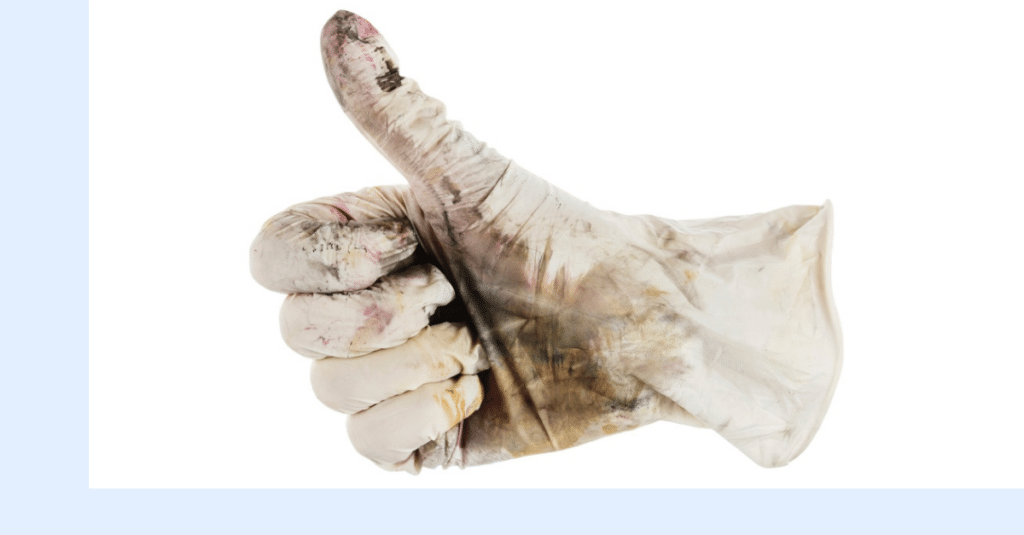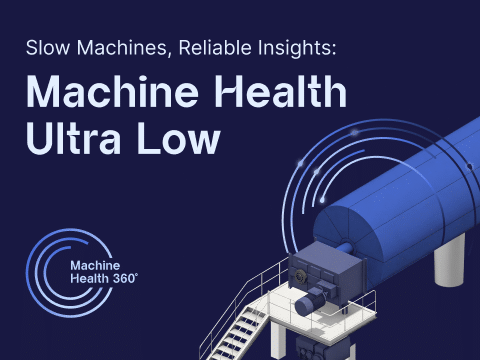
The traditional factory floor has been on the precipice of significant change for some time, and the current COVID-19 crisis has only expedited that transformation. Researchers estimate that between 40% and 50% of manufacturing employees will not be able to perform their on-site duties due to social distancing practices. Now more than ever, factories need a digital layer of machine health infrastructure with remote collaboration tools.
As companies move to fulfill that need, more efficient uses of collaborative technology in the manufacturing space could very well become the new normal once the pandemic subsides. Before it does, companies have an opportunity to address a current need while simultaneously setting themselves up for future success.
The most important step is to facilitate a transition to remote work where employees who aren’t hands-on floor workers can digitally collaborate with those who are.
Remote Collaboration Can Help Fill the Knowledge Gap
In general, remote work isn’t entirely new, but the manufacturing space has been slow to adopt digitization and collaborative technology. The challenge — and the opportunity — for collaboration tools in manufacturing goes beyond just being able to work remotely, however. It’s about relying on digital tools to share and transfer knowledge as smoothly and frequently as possible and to support the people who are still working on the factory floor.
When we consider other industries where knowledge work is essential, it’s clear that digitization has taken place to some degree. In manufacturing, however, this has yet to be a common case.
In this space, people have historically been treated simply as functions within the input/output process. Their knowledge of systems has been deprioritized in favor of their ability to operate machines. This has created problems with knowledge transfer, where information isn’t shared adequately among teams. As another consequence of this exclusively functional role, people who leave the plant take years of institutional knowledge and data with them — without passing it on to those still at the company.
Manufacturing companies are starting to think more about how collaborative technology can connect dispersed teams during COVID-19, but digitizing now can also help companies combat these knowledge gaps and help manufacturers operate more efficiently in the future. Remote collaboration and digitization of knowledge will soon become the fabric of the manufacturing industry, so companies that embrace it now will have the upper hand later.
How Machine Health Enables Efficient Knowledge Transfer
The advent of digital machine health promises to be the solution to remote collaboration and knowledge transfer problems in the manufacturing industry. This model enables factory workers to work as distributed teams through cloud-based software that identifies machine health issues and enables remote collaboration to solve them.
Augury’s remote collaboration tools make remote machine health monitoring a reality by taking data and insights from machines in real-time and distributing them to all relevant production stakeholders. The implications go beyond moving toward automating data distribution. It’s the future of knowledge work in manufacturing.
When we talk about digitizing machine health, we must think of it in a different light than automation. The real nuance between them is that you automate functions people perform, but you digitize the knowledge of those functions. While automation used to bring fears of job obsoletion, it’s actually created a high demand for knowledge workers to analyze machine data and recommend actions based on those insights.
With Augury’s machine health monitoring platform, maintenance and operations teams can keep a close eye on critical machines to provide data and insights from anywhere in the world. Democratizing access to this data means everyone in the decision-making process can make better decisions — which results in better machine performance, efficiency, and productivity.
Keep The Data-Driven Discussions Going
The digital machine health platform provides a single source of truth about any machine’s state of operations, as well as the collaborative technology to help teams quickly solve machine health issues as they arise. Every stakeholder involved can have informed, data-driven discussions and make decisions based on expert insights, all through remote collaboration tools.
The industry may have been able to put it off until now, but problems in the manufacturing industry that prevent remote collaboration can no longer be ignored. Our goal is to help companies overcome these challenges with remote collaboration software designed specifically for the manufacturing industry.
Want to learn more? Just reach out and contact us!




